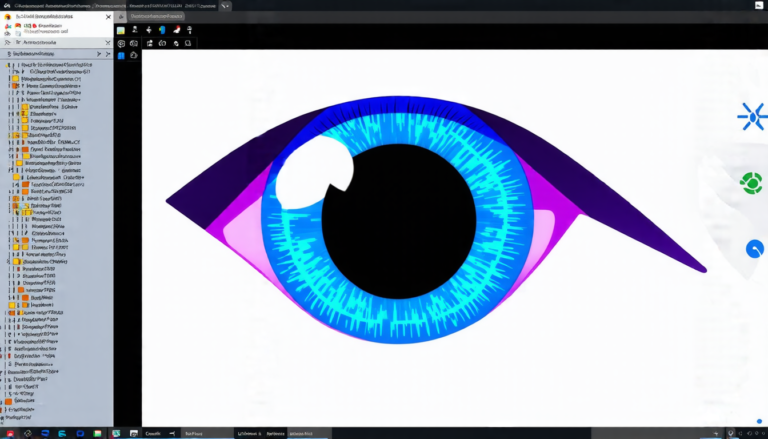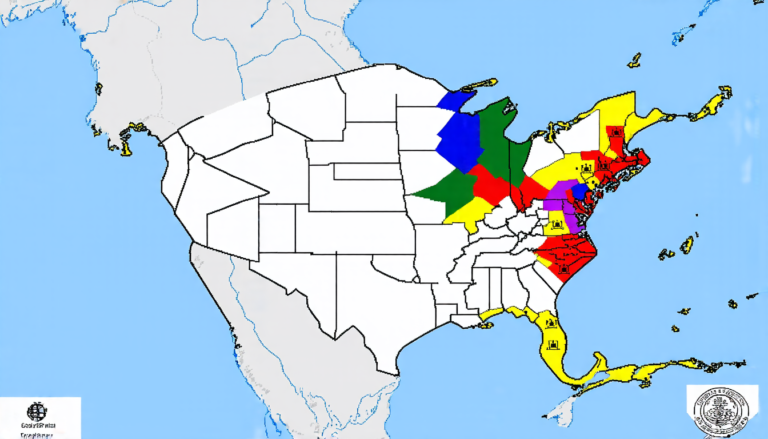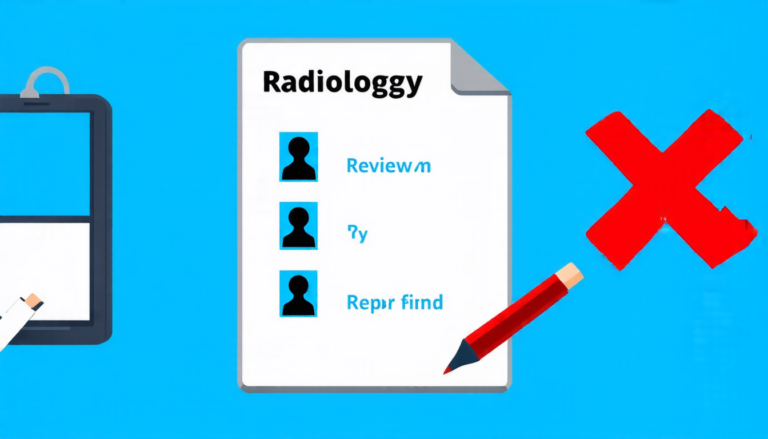Wednesday 09 April 2025
A team of researchers has made a significant breakthrough in developing a system that can accurately detect and categorize mental health disorders using social media posts. The new approach combines linguistic features, which analyze the words used in online conversations, with temporal features, which examine patterns of behavior over time.
The system uses a type of artificial intelligence called a deep learning model to process large amounts of data from social media platforms like Reddit and Twitter. This allows it to learn patterns and relationships between different mental health conditions and the language and behaviors associated with them.
One of the key innovations of this approach is the use of a cross-modal attention mechanism, which enables the system to focus on specific words or phrases in online conversations that are most relevant to identifying mental health disorders. This is particularly important because people may not always explicitly mention their mental health struggles online, but certain words or phrases can still provide clues.
The researchers trained the model on a dataset of over 10,000 social media posts and then tested its performance against a set of known mental health conditions. The results were impressive, with the system achieving an accuracy rate of over 74% in detecting depression, anxiety, and borderline personality disorder.
The findings have significant implications for mental health diagnosis and treatment. Currently, diagnosing mental health disorders often relies on self-reported symptoms, which can be unreliable or incomplete. By analyzing social media posts, clinicians may be able to gain a more accurate understanding of an individual’s mental state and identify patterns that could indicate the presence of a disorder.
The system also has potential applications in suicide prevention and early intervention. For example, by identifying individuals who are at risk of suicidal behavior through their online activity, emergency services or crisis hotlines could be alerted to provide support and resources.
While there are many challenges ahead in developing this technology further, the researchers believe that it has the potential to revolutionize mental health care. By analyzing social media posts, clinicians may be able to identify individuals who are struggling with mental health issues earlier than ever before, potentially leading to more effective treatment outcomes.
The study’s authors plan to continue refining their approach and exploring its applications in different areas of mental health diagnosis and treatment. With the increasing use of social media in our daily lives, this technology could have a significant impact on how we understand and address mental health disorders.
Cite this article: “Unlocking Mental Health Insights: A Multimodal Deep Learning Framework for Early Detection of Mental Disorders on Social Media”, The Science Archive, 2025.
Mental Health, Social Media, Artificial Intelligence, Deep Learning Model, Linguistic Features, Temporal Features, Cross-Modal Attention Mechanism, Depression, Anxiety, Borderline Personality Disorder







